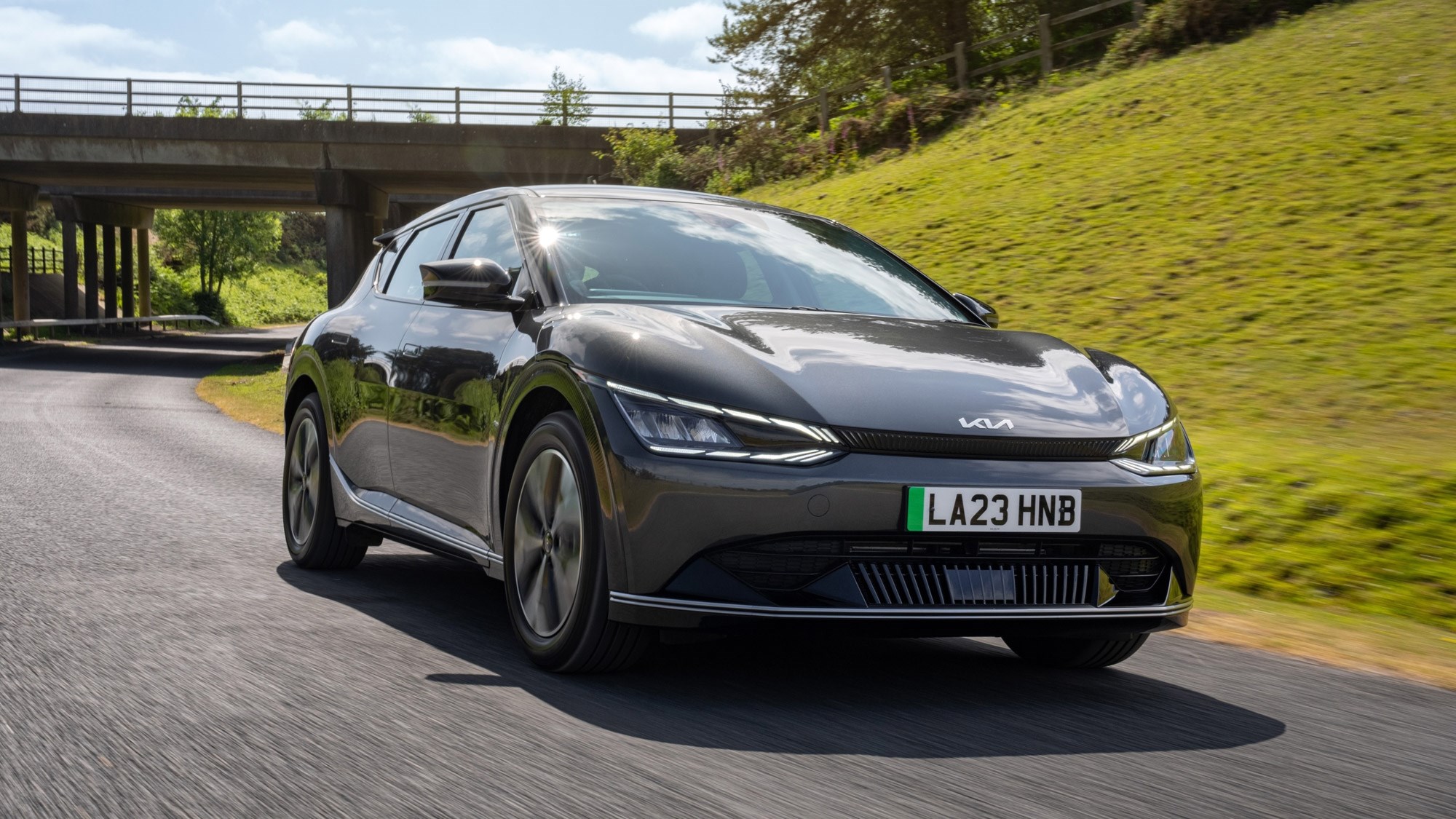Aytyapi Insights
Exploring the latest trends and updates in technology and lifestyle.
Electrifying Your Ride: Why Gas Cars Are So Last Century
Discover why gas cars are becoming obsolete and how electric vehicles are revolutionizing the future of driving. Charge up and ride the wave!
The Future is Electric: Top Benefits of Switching from Gas to Electric Vehicles
The transition from gas to electric vehicles (EVs) marks a transformative shift in the automotive industry. One of the most significant benefits of switching to electric vehicles is their positive impact on the environment. EVs produce zero tailpipe emissions, which helps reduce air pollution and greenhouse gas emissions. With the increasing urgency to combat climate change, adopting electric vehicles is a powerful step toward a cleaner future. Additionally, many countries are investing in renewable energy sources to charge EVs, further enhancing the sustainability aspect of electric transportation.
Another compelling reason to make the switch is the long-term cost savings associated with owning an electric vehicle. While the initial purchase price may be higher, EVs have lower operating costs compared to gas-powered vehicles. Electricity is often cheaper than gasoline, and electric vehicles have fewer moving parts, which means reduced maintenance and repair costs over time. Switching from gas to electric vehicles also benefits from various incentives and tax credits offered in many regions, making the transition not only eco-friendly but also economically advantageous for consumers.

Debunking Myths: Why Electric Cars Are More Efficient Than Gas-Powered Vehicles
The efficiency of electric cars compared to gas-powered vehicles is often misunderstood, leading to several common myths. One prevalent myth is that electric vehicles (EVs) are no more efficient than traditional cars because of the energy losses during electricity generation and transmission. However, electric cars convert about 60% of the electrical energy from the grid to power at the wheels, while conventional gasoline vehicles only convert around 20% of the energy stored in gasoline. This significant difference shows that electric vehicles are inherently more efficient, especially as the energy grid continues to shift towards renewable sources, further enhancing their overall efficiency.
Another widespread misconception is that owning an electric vehicle leads to higher greenhouse gas emissions due to battery production and electricity generation. In reality, studies have shown that over their lifetime, electric cars produce fewer emissions than gas-powered cars, even when accounting for manufacturing and energy sourcing. For instance, even in regions relying on fossil fuels for electricity, electric vehicles typically result in lower total emissions than gasoline vehicles—especially as battery technology improves and clean energy usage increases. This transition is vital for achieving a sustainable future and combating climate change.
How Electric Vehicles Are Revolutionizing the Auto Industry for a Sustainable Future
Electric vehicles (EVs) are at the forefront of a transformative shift in the auto industry, fundamentally changing how we perceive transportation and its impact on the environment. As governments worldwide set ambitious targets for reducing carbon emissions, automakers are racing to innovate and produce more efficient models. The rise of electric vehicles not only signifies a move away from fossil fuels but also promotes a sustainable future by utilizing renewable energy sources. This shift is evident as major manufacturers invest significantly in EV technology, with projections indicating that by 2030, up to 30% of all vehicles sold could be electric.
The benefits of electric vehicles extend beyond mere carbon footprint reduction. EVs boast lower operating costs, thanks to decreased maintenance requirements and the declining cost of electricity compared to gasoline. Additionally, as battery technology continues to improve, the range of EVs is increasing, making them more accessible to the average consumer. Furthermore, the growth of charging infrastructure is facilitating long-distance travel, ensuring that electric vehicles are a practical and sustainable choice for the future. In summary, the integration of electric vehicles into the mainstream auto market is set to define a new era for sustainable transportation, paving the way for a cleaner planet.